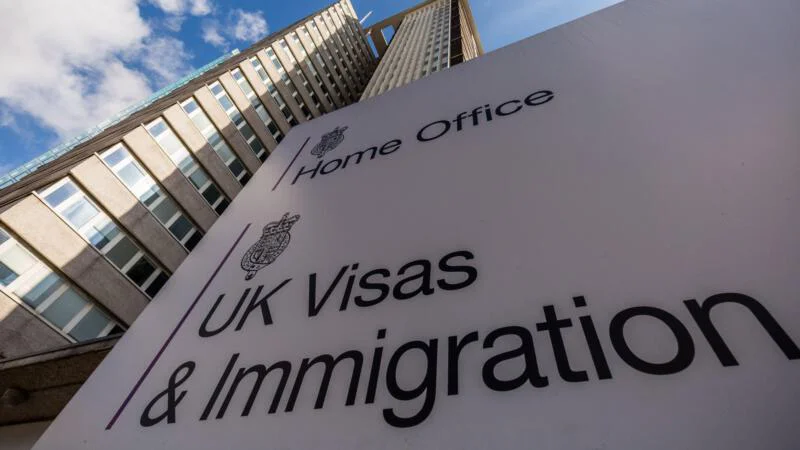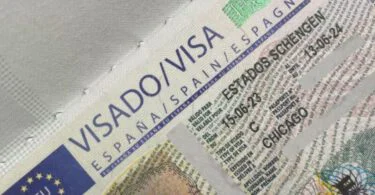A new bill presented in the United States Congress, based on concerns across global student societies, aims to eradicate the Optional Practical Training (OPT) scheme.
This visa issuance permits international students in Science, Technology, Engineering, and Mathematics (STEM) to stay in the US for 36 months after studies while obtaining job skills.
If passed, the bill could instantly end this critical gap between education and employment, sending shockwaves to higher education and tech sectors.
Table of Contents
What OPT Means And Its Importance
The Optional Practical Training (OPT) scheme is provisional job approval for F-1 visa holders, allowing them to work in the United States for 12 months after their studies. STEM graduates get an extra 2 years of extension, totaling 36 months.
This duration is usually crucial for students to:
- Obtain beneficial job skills in the United States
- Pay back student loans
- Get a long-term job via H-1B work visa sponsorship.
Students who neglect to change to another visa, such as the H-1B, must leave the nation when their OPT ceases.
Global Effects: Affecting All Foreign Countries
While Indian students make up the biggest foreign student group in the United States, this suggested bill could impact all international students on F-1 and M-1 visas.
Graduates from nations like Nigeria, China, Brazil, South Korea, and others who seek STEM programs depend heavily on OPT to start their careers in the US.
Why The Bill Triggered Panic
This is not the first trial to regulate OPT; however, the present proposal arrives amid a broader anti-immigration agenda. Students are getting anxious as political rhetoric heightens ahead of the United States elections.
Some major developments:
- Mass deportations and intensified visa examinations are already in progress.
- F-1 visa holders are hurrying to get jobs that can support them for an H-1B.
- International students are delaying or revoking travel home, scared of problems with re-entry.
Many top institutions, including Columbia, Yale, and Cornell, have unofficially recommended that students avoid traveling during the summer break.
Effect Of Mental Wellbeing, Career Plans, And Repayment Of Loan
Rising uncertainty is reforming campus interactions. Once concentrated on coding boot camps and study prospects, student communities attend legal webinars and immigration question-and-answer sessions.
If you enjoy this article, don't miss out on the valuable insights and information available in our other related posts:
- UAE Visa Updates 2025: Key Changes Travelers And Expats Should Know
- Steps Of Immigration To Canada As A Car Wash Manager
- All You Need To Know About Certificates Of Sponsorship In The UK
- Canada Tightens Spousal Open Work Permit Laws For Students And International Employees
- Norway Employing International Workers To Address Skill Shortages In 2025
The largest fallout? Forfeiting access to the United States employment markets, mainly during the crucial early professional step. Several students make use of their OPT duration to:
- Develop resumes
- Obtain sector exposure
- Get paid United States-level incomes to pay back $60,000+ yearly tuition payments.
If OPT is removed, several people will be triggered to leave the United States instantly after the conclusion of studies, delaying long-term plans.
Could This Adjust Student Interest To Other Nations?
The United States has long been a top location for international students, but this growth could change that.
- We have already seen a 20% increase in applications to destinations other than the United States, such as Canada, the United Kingdom, and Europe.
- Parents are requesting counselors for future evidence locations that provide post-study job choices.
Nations such as Canada, with its charitable Post-Graduate work permit (PGWP), and Germany, with its Blue card route, are emerging as strong options.
Institutions And Employers Rally In Support
United States institutions are stepping up by:
-
- Hosting immigration lawyers on campus
- Generating support employees for impacted students
- Helping with fast-tracking H-1B requests.
Several United States tech firms vibrantly employ OPT applicants for cost-efficiency and the world skills and experiences they bring to the labor force.
What Students Should Do Next
For present OPT holders and emerging graduates, it is essential to:
- Look for an H-1B sponsorship on time and partake in the visa lottery.
- Contact immigration professionals for individualized suggestions.
- Investigate professional prospects in nations with stable post-study visa guidelines.
New students studying in the United States must consider this uncertainty and contemplate support choices.
In conclusion, this proposed bill, if passed, could dramatically modify the post-study topography for international students in the United States; while the plan may be to toughen immigration laws, the effects could be a massive brain drain and an adjustment in global educational trends.
International students are advised to remain updated, perform swiftly, and plan smart.





